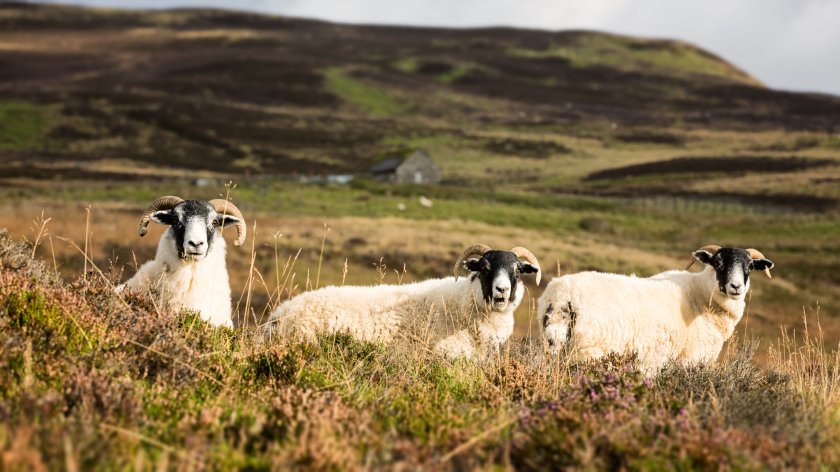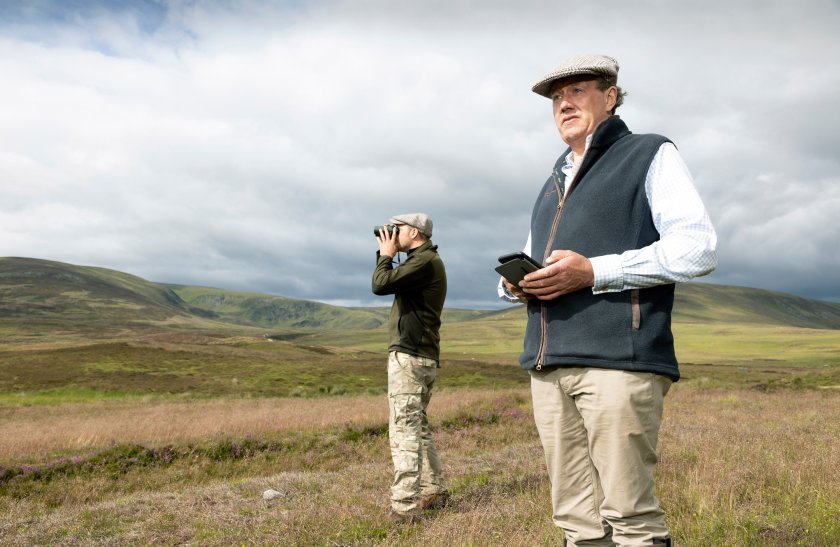
Dozens of Scottish farms and estates have made a commitment to uphold the best environmental practices as part of a Europe-wide accreditation scheme.
Wildlife Estates is a best practice land management accreditation scheme that includes landholdings from 19 European countries.
Accredited farms make a commitment to promote the best management and conservation practices, and are recognised as managing their wildlife resources sustainably.
Scotland currently sits second in its league table of accredited land with 1.25 million acres, behind only Spain which has approximately 1.6 million acres.
Accredited landholdings in Scotland currently have stewardship of 97 nationally protected sites and 79 internationally designated sites.
Wildlife Estates Scotland (WES) aims to double the size of accredited land to 2.5 million acres by 2023.
Dee Ward, chair of WES and owner of the 8,000-acre Rottal Estate, said it was vital that landowners’ role as guardians of the environment was encouraged and promoted.
He points out that Scotland has a biodiversity intactness index (BII) rating of just 56% - the best rated nation in the UK but still behind Canada on 89% and Germany on 67%.

Mr Ward said: "Landholdings are already undertaking vital conservation work that goes above and beyond what many would expect but we should always be looking to do more.
"Environmental work often comes at significant financial cost to businesses but land managers see their role as custodians of their local habitat and want to help a rich array of wildlife to flourish."
A total of 64 farms and estates have reached the scheme’s ‘gold standard’ level 2 independent accreditation, enabling landholdings to measure how they are contributing to government climate change and biodiversity targets.
Diverse landholdings from 250 acres to tens of thousands of acres have achieved accreditation, including Philiphaugh Estate, Abernethy RSPB Reserve, Reay Forest Estate and Threepwood Farm.
At Rottal, conservation projects underway or already complete include a 120,000 tree contour planting scheme and the restoration of 300 hectares of peatland over the next five years.
Mr Ward said: "We have significant ambitions to grow Wildlife Estates Scotland which is an important lever in promoting best practice in helping the nation’s meet its climate change targets, and also recognising the great work that already takes place.”
